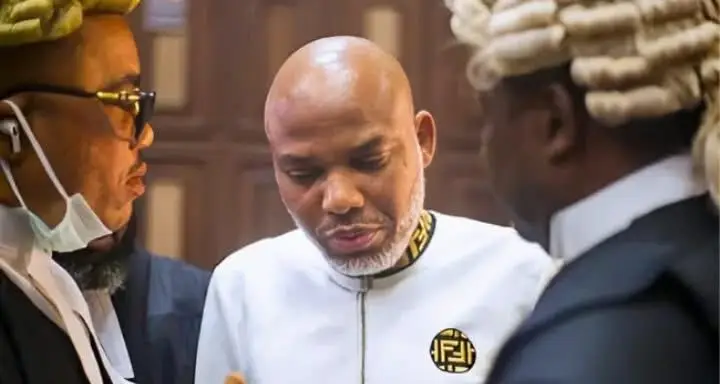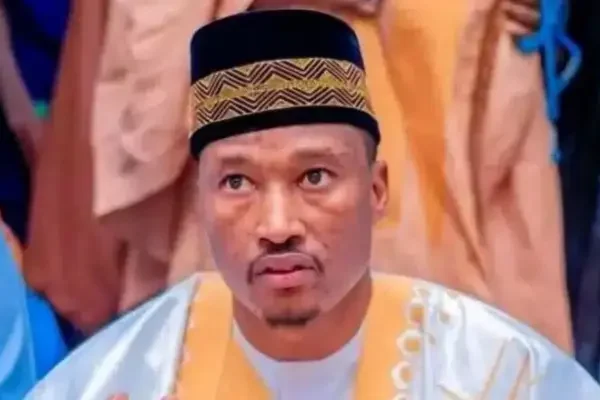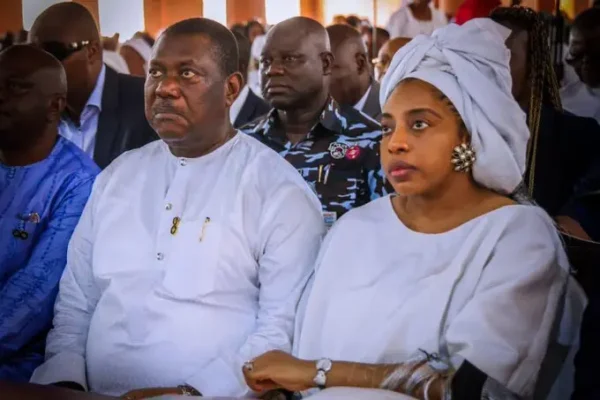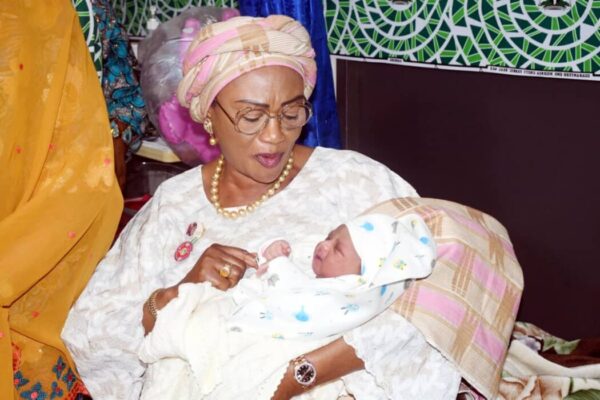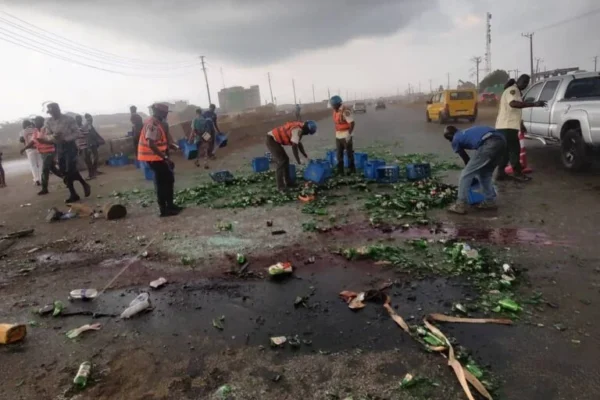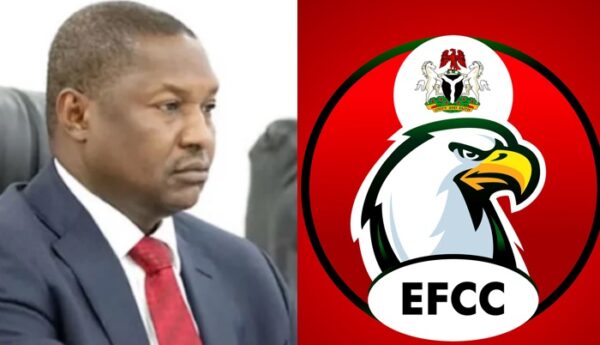
Court To Rule January 7 On Bail Applications Of Ex-AGF Abubakar Malami, Wife And Son
The Federal High Court in Abuja has fixed January 7 to rule on the bail applications of former Attorney-General of the Federation, Abubakar Malami, SAN, his son, Abubakar Abdulaziz, and his wife, Bashir Asabe. Justice Emeka Nwite set the date on Friday after the defence, led by Joseph Daudu, SAN, and the Economic and Financial Crimes Commission (EFCC), represented by Ekele Iheanacho, SAN, adopted their processes and presented arguments. The EFCC, in case number FHC/ABJ/CR/700/2025, has charged Malami, his wife, and son with alleged money laundering. The former AGF, his wife, and son are listed as the first, second, and third defendants, respectively. The anti-graft agency claims the defendants carried out suspicious financial transactions and sought to conceal the illegal origin of billions of naira through bank accounts and property purchases in Abuja, Kano, and Kebbi. The alleged offences reportedly took place between 2015 and 2025, during Malami’s tenure as AGF under the administration of the late former President Muhammadu Buhari. According to the EFCC, Malami, Abdulaziz, and Asabe conspired to disguise the source of the funds, acquire properties indirectly, and retain sums they allegedly knew were proceeds of unlawful activity, in violation of the Money Laundering (Prohibition and Prevention) Acts of 2011 (as amended) and 2022.

